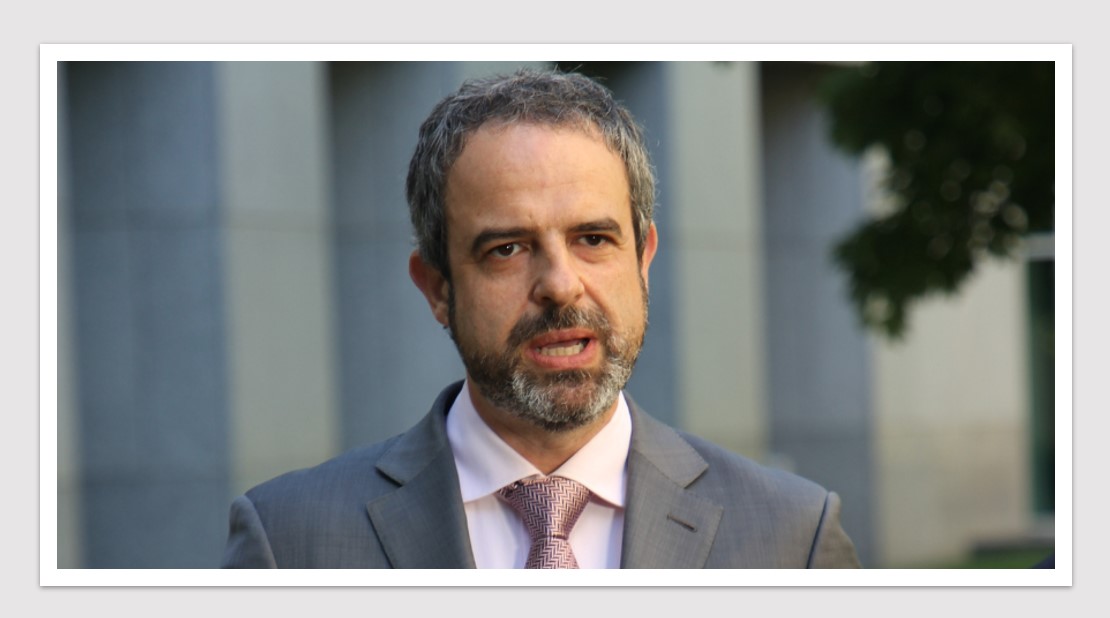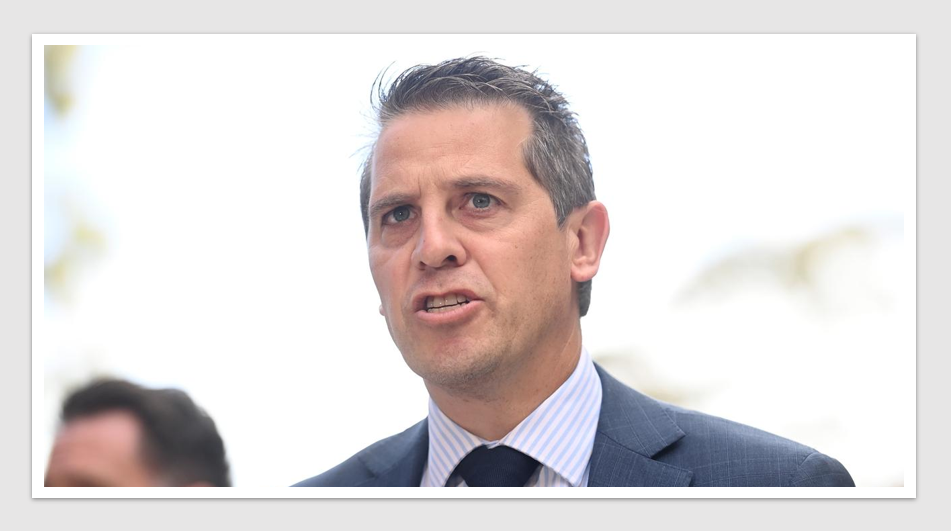News & Trends - MedTech & Diagnostics
AMA calls for modernisation of Medicare

MedTech News: To address the urgent need for reform and investment in Australia’s general practices, the AMA has launched a new plan calling for the major political parties to commit to creating a “Modern Medicare”.
AMA President Dr Omar Khorshid said it was time the Government recognised the pressure Australia’s GPs were under to keep healthcare affordable and accessible, with Medicare funding arrangements now out of date – made worse by inadequate indexation of the Medicare rebate and a previous Medicare freeze.
“Doctors working in general practice have been forced time and time again to wear the brunt of these real cuts to Medicare,” Dr Khorshid said.
“GPs have not received the support they deserve or need from successive Governments. The health care needs of patients have become much more complex as the population has aged yet Medicare is stuck in the 1980s. We need serious reform to put general practice on a more sustainable footing, capable of delivering the type of care that many patients now need,” he said.
Dr Chris Moy, GP and Vice-President of AMA, said “…we’ve had just really banal debates about things like bulk billing rates and government freezes and things like that, which has really left Medicare not really what we need in the 21st century.”
Dr Khorshid said the AMA’s plan for a Modern Medicare would improve health care at a primary care level for Australians.
Dr Khorshid said GPs provided all the care needed for around 90% of problems patients have and referred to other specialists and healthcare practitioners where needed.
“GPs provide care from birth to death, and everything in between – physical and mental. They provide high quality care which is cost effective and save significant downstream costs in our health system by helping to keep people healthy and out of hospital.
“The Government’s long-awaited Primary Health Care 10 Year Plan, combined with the promised $448.5 million investment to support reform was to change that – but all the last Budget delivered was a grand vision with no funding,” Dr Khorshid said.
“This plan highlights the need for change and the investment which is required to build a primary care system for the future,” said Dr Moy.
“Technology has advanced – we have new treatments, personalised medicine, hospital-in-the-home, telehealth, and remote monitoring. Our healthcare needs have also changed. We are an older society, with more chronic diseases and more complex healthcare requirements. Now more than ever, patients need to be able to spend time with their GP to ensure their health conditions are properly assessed and treated.
“We can improve on our already world class primary care system by encouraging every Australian to have a ‘medical home’ where they enrol with their usual general practice. This will support patients to develop a long-term relationship with their GP, which we know results in patients living longer and healthier lives.
“We can ensure patients experience coordinated, integrated care via their general practice, with more allied services delivered under the one roof, more access to care after-hours, subsidised wound care for patients with hard to heal wounds and longer consults,” Dr Moy said.
The AMA’s detailed and costed plan, posters for practices, and a range of video resources highlighting the benefits of modernising Medicare for patients are available on the website, and the campaign will run right up to election day.
“We’ve seen poll after poll indicate that health is a top priority for voters, and the pandemic has shown us that health is the best investment that Governments can make. Now is the time to invest in the AMA’s plan for a Modern Medicare,” said Dr Khorshid.
He said a Modern Medicare would make general practice sustainable and was focused around three key themes – “more care,” “more time” and “more health,” with each theme comprising specific, costed policies to:
- Introduce the medical home model to bolster coordinated, patient centred care, encouraging patients to register with a ‘medical home/clinic’ to have continuity of care and allied health care under one roof.
- Increase the time available to patients to spend with their GP to address complex healthcare concerns.
- Encourage the provision of more GP services into after-hours.
- Expand the number of nurse and allied health services available in general practices/medical homes.
- Bolster the GP care provided to aged care residents.
- Create a wound consumables scheme, saving patients time and money.
- Evolve our GP training program to make general practice more appealing to the next generation of doctors
News & Trends - MedTech & Diagnostics

Pathology reforms: Frozen fees, windfall gains, and the fight for bulk-billing
Diagnostics & MedTech News: For nearly a quarter-century, pathology fees have remained stagnant, a situation deemed patently unfair by Australian […]
MoreNews & Trends - Pharmaceuticals

Call for coordinated policy and cross jurisdiction funding in chronic disease
Pharma News: The life expectancy of Australians is still rising, however the increased prevalence of chronic conditions and co- and […]
MoreNews & Trends - MedTech & Diagnostics

Expansion of hospital services for patients in NSW Macarthur region
MedTech & Diagnostics News: Marking a historic milestone with NSW Deputy Premier Prue Car and Health Minister Ryan Park, Campbelltown […]
MoreNews & Trends - Biotechnology

Superiority of cell-based flu vaccine revealed in RWE study
Biotech News: Vaccines stand as the primary strategy to mitigate the considerable morbidity, mortality, and economic burden associated with influenza. […]
More